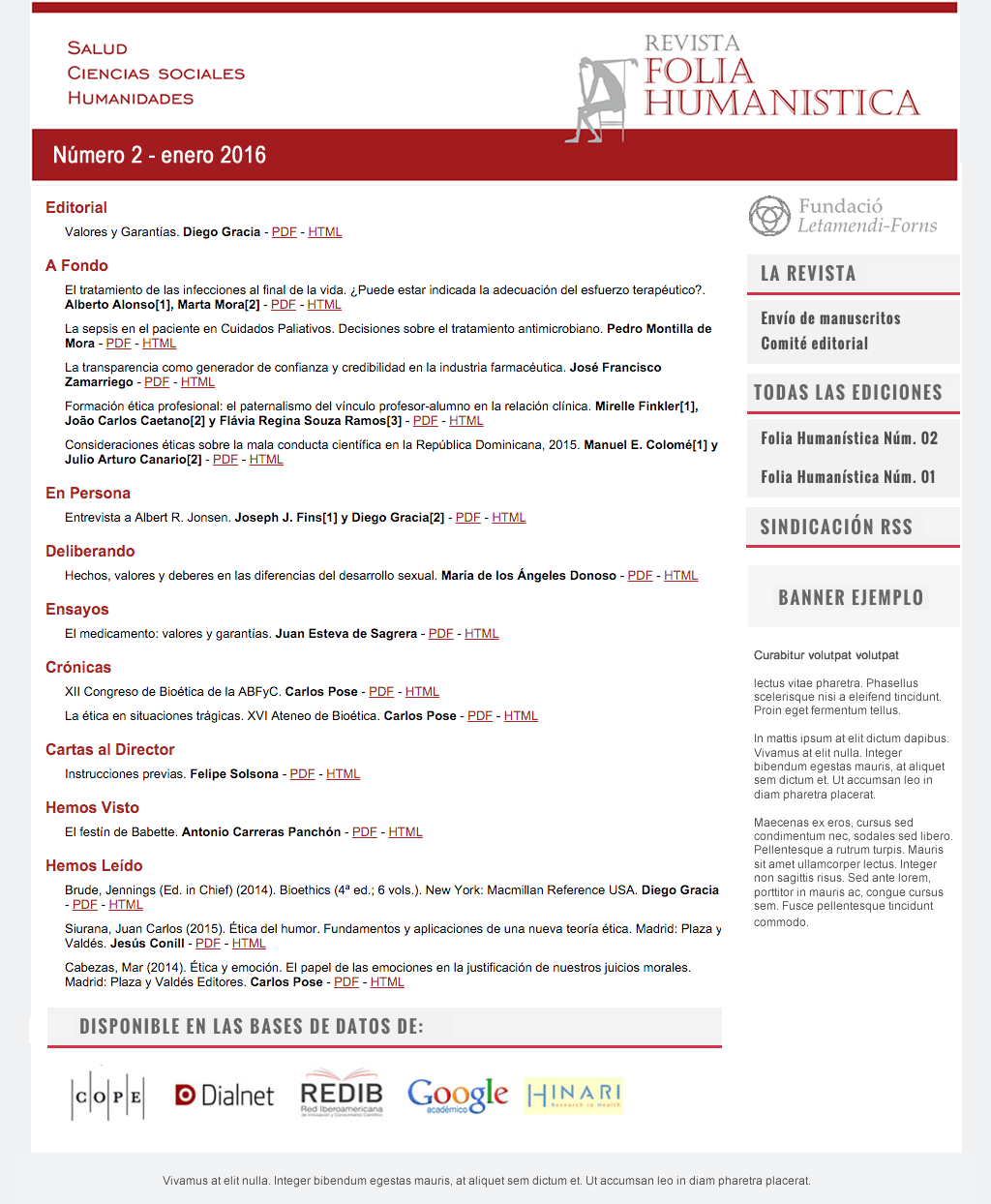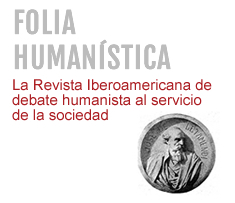LA MÚSICA TRANSFORMA NUESTRAS VIDAS
DOI:
https://doi.org/10.30860/0087Keywords:
music benefits, music learning, creativityAbstract
The benefits of music are remarkable, both emotionally (listening to music), and cognitively
(playing an instrument). In this article we address some barriers to the study of music, we warn of
some difficulties in learning the musical language, and we recommend not only interpreting music,
but improvising and composing small melodies. In this sense, we recommend the reader to
cultivate their occurrences, to develop their creativity; we suggest some strategies to educate their
musical ear, choose an instrument and enter this endless activity, with no other aim than
cultivating her artistic sensitivity.
References
Powell J. How music works. Particular Books. NY 2010.
Murakami H, Ozawa S. Quan la músca ho és tot. Empúries, Barna 2011.
Spotify Play List “Música, solo música”.
https://open.spotify.com/playlist/3e3OWs7wVx3ZyKnwKr74LS
Triando. “Grito” Accesible en:
https://www.youtube.com/watch?v=R2NMA6RHHxA
Intervención de Bernstein: https://www.youtube.com/watch?v=SvWPM783TOE
Levitin D. El cerebro musical. RBA Bolsillo Barna 2008.
Girálvez F. El cerebro y la música: buscando reglas universales. Revista Sonograma,
Octubre 2016. Accesible en:
http://sonograma.org/2016/10/cerebro-musica-reglas-universales/
Kraus N., Slater J., Thompson EC, Hornickel J, Strait DL, Nicol T, White-Schwoch T.
Music Enrichment Programs Improve the Neural Encoding of Speech in At-Risk Children
Journal of Neuroscience 3 September 2014, 34 (36) 11913-
; DOI: 10.1523/JNEUROSCI.1881-14.2014
White-Schwoch T., Carr KW, Anderson S., Strait DL., Kraus N. Older Adults Benefit from
Music Training Early in Life: Biological Evidence for Long-Term Training-Driven Plasticity,
Journal of Neuroscience 6 November 2013, 33 (45) 17667-
; DOI: 10.1523/JNEUROSCI.2560-13.2013
Gold BP, Pearce MT, Mas-Herrero E., Dagher A., Zatorre RJ. Predictability and
Uncertainty in the Pleasure of Music: A Reward for Learning?Journal of Neuroscience 20
November 2019, 39 (47) 9397-9409; DOI: 10.1523/JNEUROSCI.0428-19.2019.
Schneider CE, Hunter EG, Bardach SH. Potential Cognitive Benefits From Playing Music
Among Cognitively Intact Older Adults: A Scoping Review. Journal of Applied
Gerontology. 2019;38(12):1763-1783. doi:10.1177/0733464817751198.
Losada JC, Método de cajón flamenco: Estudio, técnica y patrones. Cajones Al Andalus,
Moraleja de En medio, 2016.
Molero E. Tots tenim Intel.ligència musical. UNO. Barna 2020.
Downloads
Published
How to Cite
Issue
Section
License
La Revista Folia Humanística se adhiere a Creative Common en la modalidad: Reconocimiento – NoComercial – CompartirIgual (by-nc-sa): No se permite un uso comercial de la obra original ni de las posibles obras derivadas, la distribución de las cuales se debe hacer con una licencia igual a la que regula la obra original.








